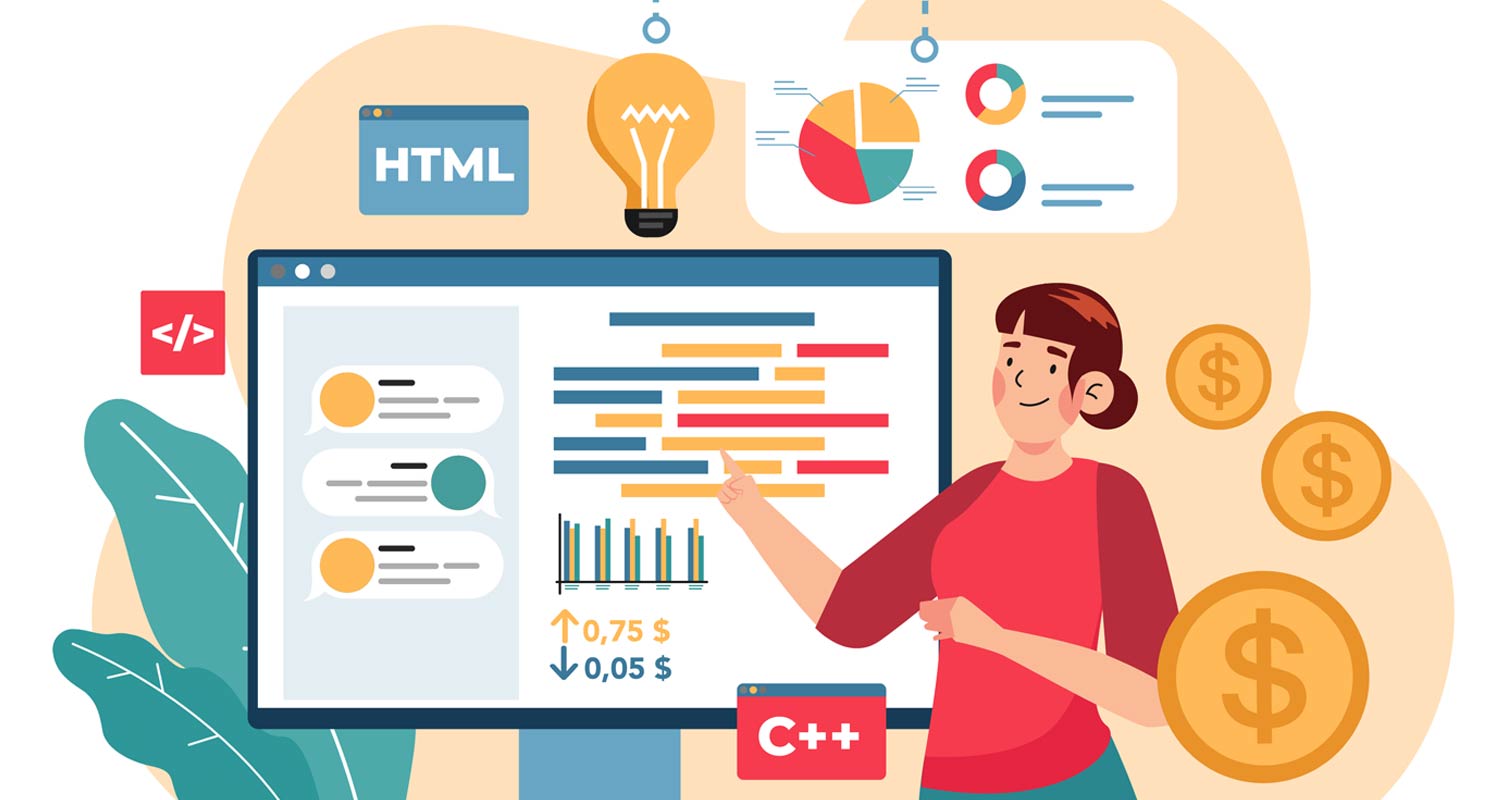 Google’s legal defeat at the hands of Fortnite maker Epic Games threatens to roil an app store duopoly with Apple that generates close to US$200-billion/year and dictates how billions of consumers use mobile devices.
Google’s legal defeat at the hands of Fortnite maker Epic Games threatens to roil an app store duopoly with Apple that generates close to US$200-billion/year and dictates how billions of consumers use mobile devices.
The loss — handed down by a San Francisco jury on Monday — is a blow to the two companies’ business model in apps, where they charge commissions of as much as 30% to software developers who typically have few other options.
Epic has spent years railing against the practice and got a US federal jury to agree that Google unit had acted unfairly as a monopoly. The case is likely to accelerate the weakening of app store rules, which have already come under fire from regulators and lawmakers around the world.
“The dominoes are going to start falling here,” Tim Sweeney, CEO of Epic, said in an interview after the verdict. “The end of 30% is in sight.”
Though Apple won a similar case against Epic in 2021, that ruling was made by a single judge. The nature of the Google suit — where a jury sided unanimously with Epic — let actual consumers weigh in on the world of smartphone apps. In under four hours of deliberations, they found that Google had engaged in anticompetitive conduct, harmed Epic and illegally forced its own billing system on developers.
The battle began in 2020 when Fortnite was kicked off the Apple and Google Play app stores because the game developer had secretly installed its own payment system. The idea was to bypass the up-to-30% revenue share that the two tech giants take from in-app purchases and subscriptions on their platforms. In response, Epic sued both companies.
Criticism
Google also has drawn criticism for making side deals with big developers like Spotify Technology where it offers lower commissions. In Monday’s decision, the jury found that Google shouldn’t require Android app developers to use its billing system for software sold through its store — and that it shouldn’t offer custom agreements to certain developers.
“The immediate aftereffect is we will see a shift in the marketplace where big tech companies will have to make accommodations — whether it is more access, better terms, more options for developers — to stave off legal exposure,” said Paul Swanson, a partner at Holland & Hart who specialises in technology and antitrust law.
The case also underscores a sentiment among many consumers that major technology companies have gained too much power. Google also faced scrutiny from a US justice department judge this fall over its power in search, though the outcome of that trial won’t be clear for months.
Read: For Google, dominating in Android app stores was ‘existential’
Epic’s Sweeney predicted that — as Google starts making changes to its operations and public pressure mounts — its app store peer will be forced to act as well. “The same thing will start happening with Apple,” he said.
And that will ultimately help consumers, Sweeney said. “The economics is real,” he said. “When you remove a 30% tax from an ecosystem, consumer prices will get better. Or quality will get better and selection will increase.”
 During the case, Epic highlighted agreements Google reached with top game developers, including Activision Blizzard and Nintendo, for smaller fees. Every developer should now demand one of those deals, Sweeney said.
During the case, Epic highlighted agreements Google reached with top game developers, including Activision Blizzard and Nintendo, for smaller fees. Every developer should now demand one of those deals, Sweeney said.
There’s a fortune at stake for both Apple and Google. In-app spending is forecast to reach $182-billion next year and $207-billion in 2025, according to research firm Sensor Tower.
Already, the Digital Markets Act in the European Union will spur changes. For the first time, Apple will need to allow third-party app stores and billing systems in the region.
Even before that law takes effect next year, the two companies have been making adjustments. Apple now lets so-called reader apps — such as software for cloud storage, watching video and reading books — link to outside websites to let users pay. That bypasses Apple’s revenue cut.
Both Apple and Google also have changed their policies to take a commission on subscription apps. And Apple has been forced to let dating apps in the Netherlands bypass its billing system.
But the Epic win against Google has the potential to bring major changes to the companies’ home country. That includes shifting internet software back to a more open environment, rather than the app stores’ closed ecosystems, according to Stanford Law professor Mark Lemley.
‘Profound shift’
“The last two decades have seen a profound shift away from the open internet towards walled gardens,” Lemley said. “That is one of the things that has kept the internet market so concentrated. This verdict just knocked a big hole in the garden wall.”
Though Apple won nine out of 10 counts against Epic when that decision was made in 2021, one issue is still up in the air: whether Apple should let all third-party developers point customers to websites to pay for purchases, bypassing Apple’s fees. It may now be harder for the iPhone maker to avoid that fate.
Google, which plans to appeal its verdict, said it “will continue to defend the Android business model and remain deeply committed to our users, partners and the broader Android ecosystem”. Apple didn’t respond to a request for comment.
Read: Google defeated in Epic antitrust battle
Apple has said it doesn’t have any side deals with developers, though it offers discounted rates to some video streaming partners like Amazon.com. During the trial, Epic’s lawyers said Google also didn’t properly retain some internal records relevant to the case.
“I don’t think there’s much of a debate that the monopoly finding with Google holds true with Apple, too,” said Jason Kint, CEO of Digital Content Next, a trade association for digital content companies. “The distinction that will be pored over is whether or not Apple abused that.” — Mark Gurman and Davey Alba, with Leah Nylen and Malathi Nayak, (c) 2023 Bloomberg LP

